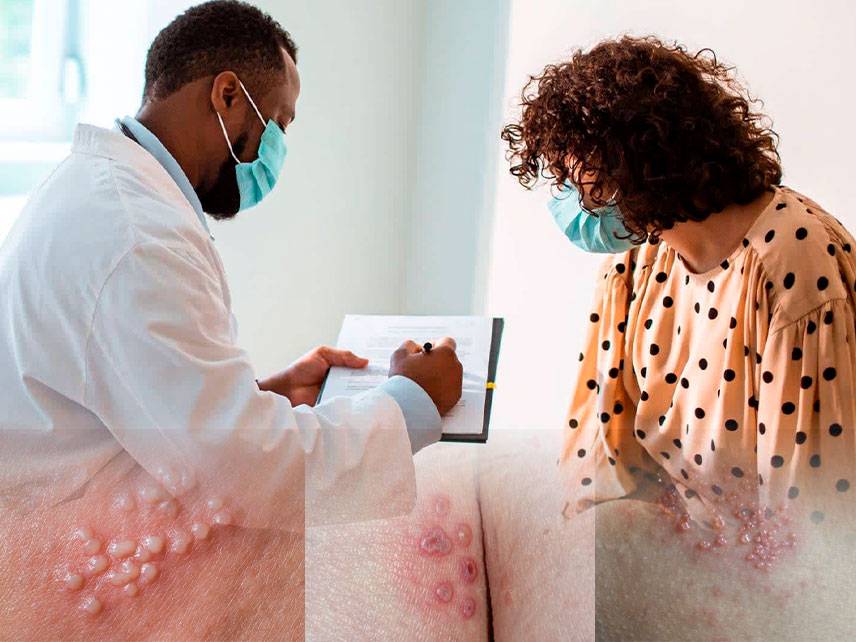Genital herpes is one of the most common sexually transmitted infections (STIs) in the United States. It is caused by the herpes simplex virus (HSV) and can affect both men and women. Genital herpes is a virus that can cause painful blisters or sores on the genitals, rectum, and mouth. The virus can be spread through sexual contact and can cause a range of health problems.
Signs and Symptoms
The most common signs and symptoms of genital herpes include painful blisters or sores on the genitals, rectum, mouth, and other areas of the body. These blisters or sores may be filled with clear or cloudy fluid. Other symptoms may include itching, burning, tingling, and pain in the affected area. The symptoms may vary in severity and can come and go.
Causes
Genital herpes is caused by the herpes simplex virus (HSV). HSV is spread through contact with the infected area, including sexual contact, oral sex, and skin-to-skin contact. The virus can be spread even if the person does not have any visible symptoms.
Risk Factors
The risk of getting genital herpes increases if you have unprotected sex with multiple partners, have a weakened immune system, or have a partner who has genital herpes. It is also possible to get genital herpes from a partner who does not have any visible symptoms.
Prevention
The best way to prevent genital herpes is to practice safe sex. This means using condoms during sex, avoiding sexual contact when you or your partner have active blisters or sores, and abstaining from sexual contact if either of you have tested positive for HSV. It is also important to talk to your partner about testing and other steps you can take to reduce your risk.
Diagnosis
Genital herpes is typically diagnosed by a physical exam and a sample of fluid or tissue from the blisters or sores. Your doctor may also order a blood test to look for antibodies, which can indicate if you have been infected with the virus.
Treatment
Genital herpes is typically treated with antiviral medications. These medications can reduce the severity and frequency of outbreaks, as well as reduce the risk of transmitting the virus to a sexual partner.
Coping and Support
If you have been diagnosed with genital herpes, it can be helpful to find a support group to talk to about your experiences. It can also be helpful to practice relaxation techniques, such as meditation, yoga, and deep breathing.
Complications
Some complications of genital herpes can include a weakened immune system, recurrent outbreaks, and pelvic inflammatory disease.
Living with Genital Herpes
Living with genital herpes can be difficult and it is important to take steps to manage your symptoms and reduce the risk of transmitting the virus to other people. It is also important to talk to your doctor about any concerns you may have. With the right treatment and support, you can still have a healthy and fulfilling sex life.





